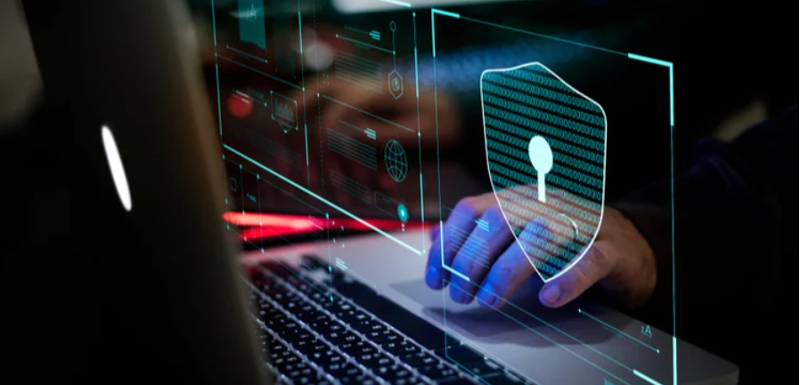Many small businesses do not always have security in mind. But they can be victims to hackers just like big corporations. Cybersecurity issues have been on the rise and companies are beginning to realize that this is also a concern like physical security. Cybersecurity has now become a top priority in this digital world.
Customers expect that their information be secure and that companies have to keep this private. If a business do not make steps to protect data, they can be subjected to heavy penalties under the General Data Regulation Protection Act and other laws.
How to Make Your Information Secure
Potential hackers can cause havoc in a business system. They can also delete valuable data or steal information to be taken advantage of. It is imperative that businesses secure their data and by doing the following, they can maintain cyber security:
- .Immediately delete terminated or resigned employees and take down their rights to applications,
A majority of hacking is through network intrusions. The hacker can enter the network and use the various resources or even destroy data. This may happen if a former employee’s login credentials are still on the system.
The Systems Department Us or IT people should be vigilant to delete employees who are no longer with the company. Communication must be active on this matter so that the logins can be removed and rights disabled.
- Use 2-Factor Authentication
A way to combat cyber theft is to have a 2-factor authentication. This is when someone logs in from a new device, their identity should be confirmed through a passcode sent to a registered mobile phone or through a third-party authenticator. This may be a cumbersome way to have security but it keeps business information free from hackarts.
- Make a password creation policy
Hackers can easily get to passwords. It is important to set some policies such as passwords should contain a number, a special character or a capital letter.
It is vital for employees NOT to share their passwords with anyone since this can endanger the system.
- Force password change
Another danget is a virus that could enter the system through a keystroke logger. One way to avoid this is to force password changes on a regular basis. If the hacker gets to the system using an old password then the hacker would not be successful.
- Evaluate the risk if cyber security is compromised
Some businesses are prone to be hacked than others. Those industries that get information from clients like financial data, social security info, tax returns and the like allow most attractive to hackers. High-risk companies should implement more cyber security measures or ask the help of professionals to implement solutions.
- Backups should be automated
When there is less human intervention, the risk of hacking is less. Businesses should install an automated backup system to insure that data is secured.
- Invest in antivirus software and firewalls
Businesses must make sure that computers have installed antivirus software and ate behind firewalls. WIth many systems moving to cloud-based computing, added security from a third-party provider is guaranteed. The software must have real-time malware protection that gets updated automatically to prevent any backend entry point.
In conclusion
Even if more and more people work from home, cyber security should still be a concern. The risk of hackers intruding into your system is even greeted with new tools available. A business should take time to secure information and install protection to keep processes running smoothly.



